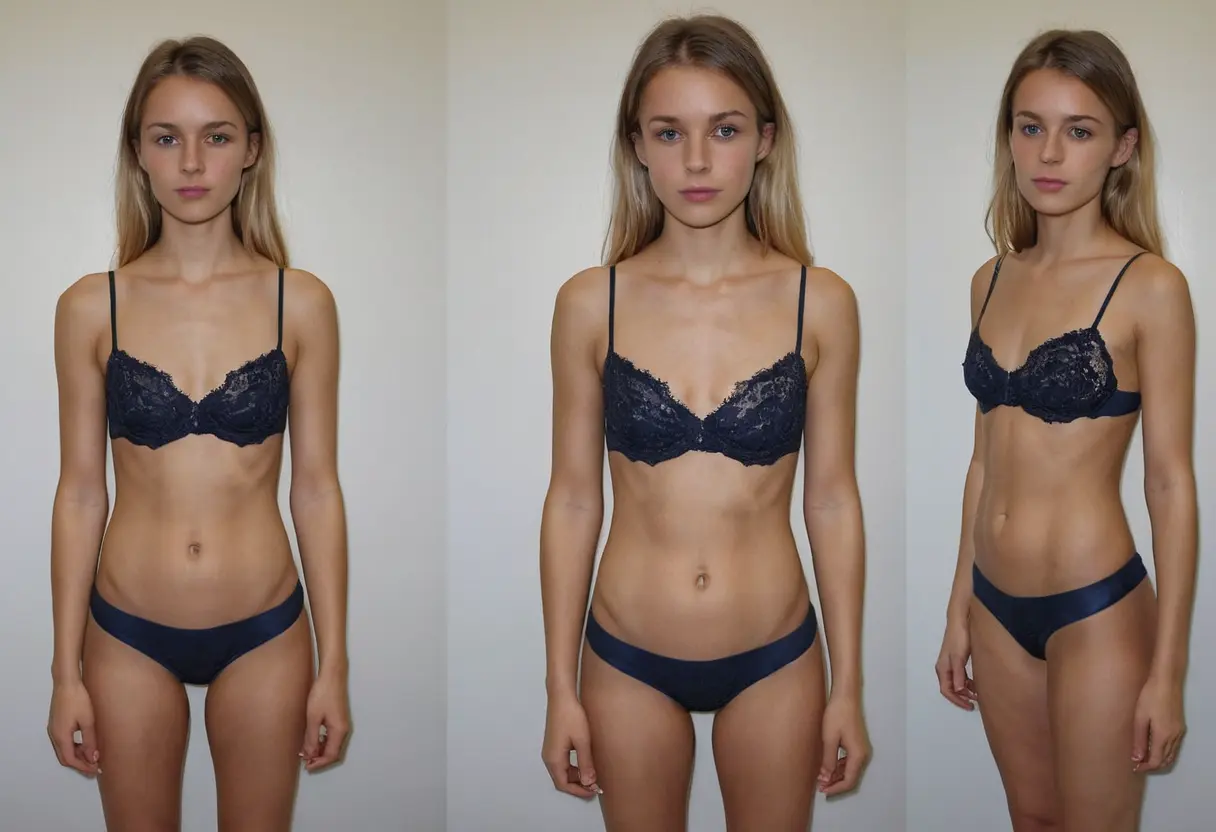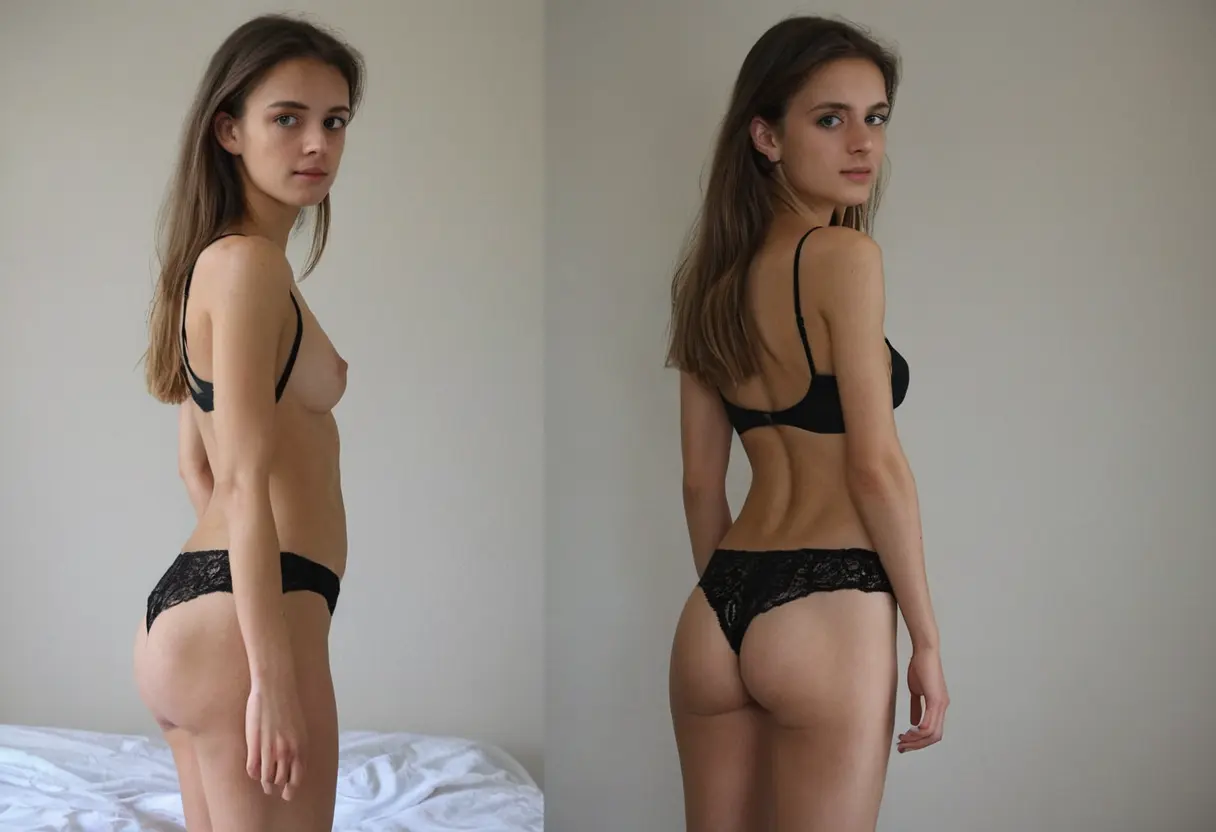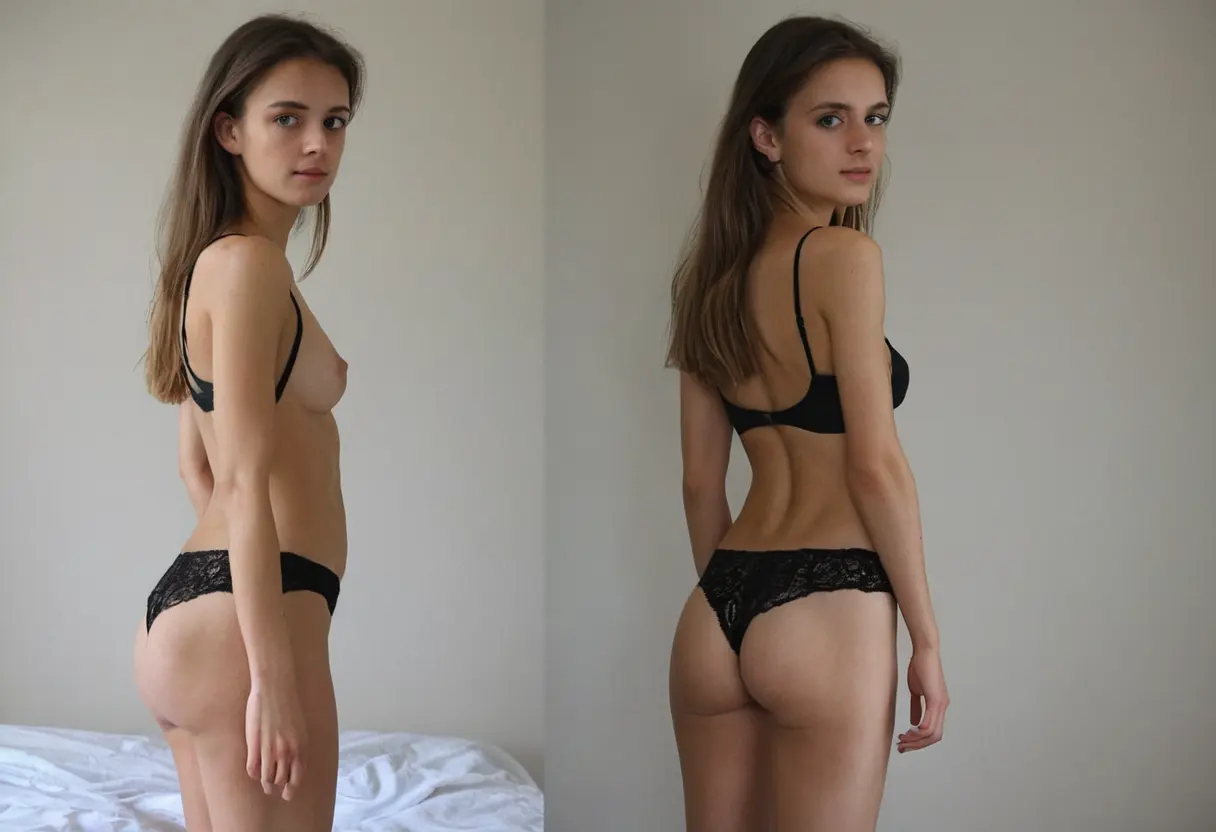Artificial Intelligence (AI) is revolutionizing various industries, and fashion is no exception. One of the most fascinating and controversial developments in this space is the concept of AI Undress Technology. As technology continues to evolve, AI is playing a pivotal role in changing the way we interact with fashion, offering new ways to visualize, design, and even shop for clothing. In this article, we will explore the future of fashion through the lens of AI Undress Technology, its potential benefits, ethical concerns, and how it may impact the fashion industry in the coming years.
AI Undress Technology refers to the use of machine learning algorithms and computer vision to digitally simulate the process of removing clothing from images or videos. Essentially, it is the ability for AI systems to "strip" clothing from digital representations of individuals without any physical interaction. This technology is based on the analysis of human anatomy, fabric patterns, and digital imaging techniques, which allow AI to understand and replicate how clothing behaves in different environments.

The core of AI Undress Technology lies in advanced neural networks that have been trained on millions of images to recognize various body shapes, clothing, and the underlying skin tones of individuals. By applying this understanding, AI can create realistic renderings of what a person might look like without their clothes, all from a digital image or video.

AI technology has already been making waves in the fashion world, from automated design tools to personalized shopping experiences. Here are some of the key ways AI is transforming the fashion industry:

AI Undress Technology takes these advancements a step further, enabling brands and customers to interact with clothing in a whole new way. While its primary use case is often associated with the fashion and entertainment industries, there are also implications for fields like healthcare and psychology, where AI modeling could assist in areas such as body image research or medical garment fittings.
Despite the controversial nature of AI Undress Technology, there are several potential benefits that could positively impact the fashion industry:
While the potential of AI Undress Technology is exciting, it also raises significant ethical concerns and privacy issues. One of the primary concerns is the misuse of this technology, particularly regarding the creation of non-consensual explicit content or invasion of personal privacy. The ability to digitally undress someone without their consent could lead to harmful consequences, including exploitation and abuse.
Moreover, there are concerns about body image issues, as AI-created images could distort how individuals perceive themselves or others. The digital alteration of body shapes could contribute to unrealistic beauty standards, which might negatively affect people's self-esteem and mental health.
To address these concerns, there must be strict regulations and safeguards in place to ensure that AI Undress Technology is used ethically and responsibly. This includes ensuring that the technology is only used with consent and for legitimate purposes, such as in fashion design or virtual try-on experiences.
As AI technology continues to evolve, the fashion industry is likely to see even more innovative applications of AI Undress Technology. Here are some of the potential directions for the future:
The future of fashion is undoubtedly tied to the rise of AI technology, and AI Undress Technology is one of the most exciting and innovative developments in this space. While there are ethical and privacy concerns that need to be addressed, the benefits of this technology in terms of enhancing virtual try-ons, improving clothing fit, and enabling more personalized fashion experiences are clear. As AI continues to advance, we can expect even more breakthroughs in fashion, allowing for greater inclusivity, creativity, and convenience. However, it is crucial that we approach these technologies with caution and responsibility, ensuring that they are used in ways that respect individuals' rights and well-being.
2024-11-05 23:25
2024-11-05 23:04
2024-11-05 22:55
2024-11-05 22:51
2024-11-05 22:44
2024-11-05 21:52